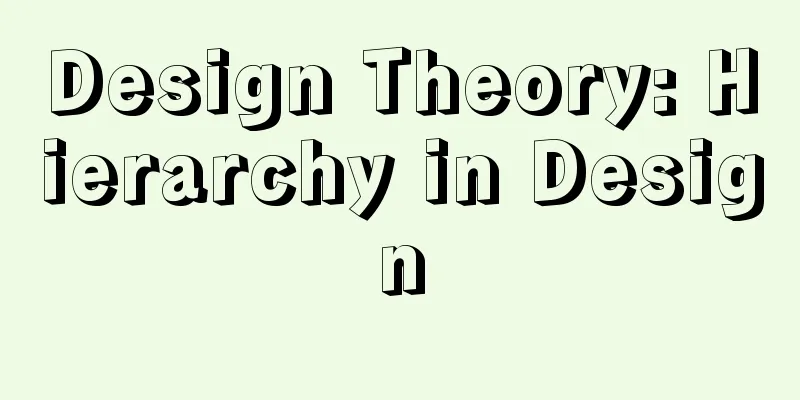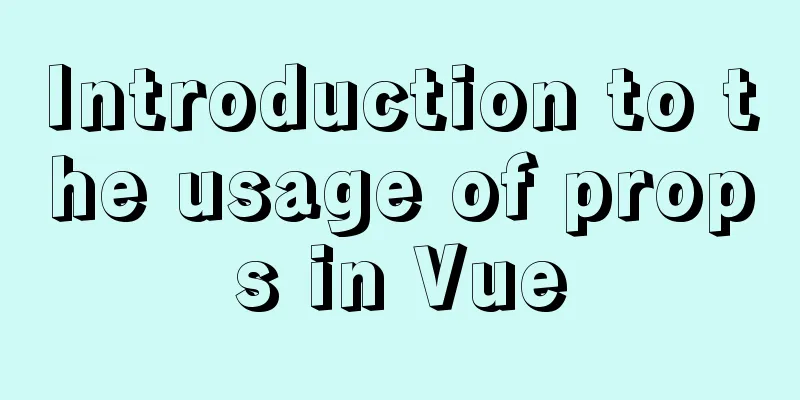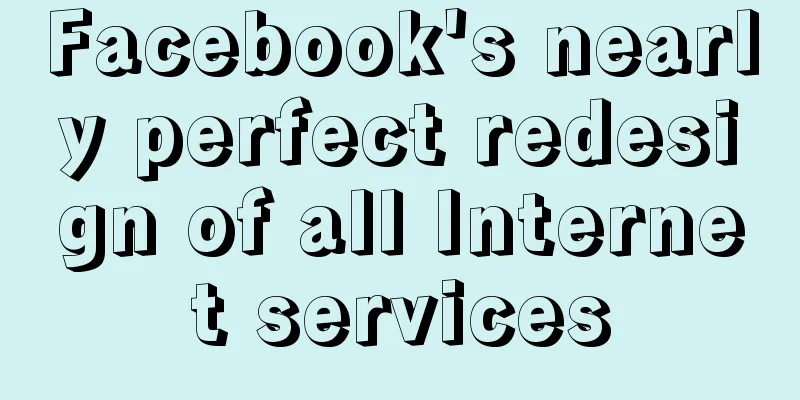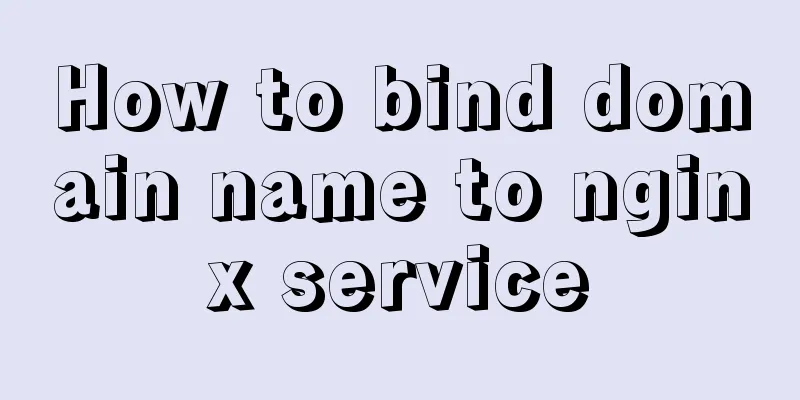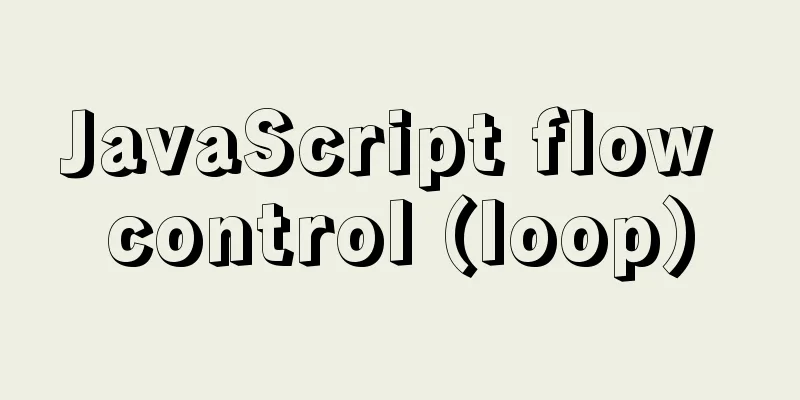The hottest trends in web design UI in 2013 The most popular UI designs

|
Time flies, and in just six days, 2013 will become history. In this year, we have seen too many "so-called trends". I wonder what everyone thinks of them. So today we also want to take stock of what we think are the "hottest web design trends in 2013". Let's take a look at them~ 01. Responsive design  In 2013, CSS3 was widely used in the construction of browsers, which accelerated the development of responsive design. Therefore, "responsive design" frequently appeared on the front pages of major design websites and became the hottest trend in web design in 2013. I calculated that this trend will most likely continue until 2014, when your customers may tell you in a professional tone that they want a responsive website! The principle of responsive design is that the web page layer will renumber according to the screen size, tracking the device model and the increasing user description. 02. Flat Design  Almost everyone has used a flat design system in 2013, but are you feeling a little tired of it? Ever since browsers began to support CSS3's text shadow and image shadow functions, skeuomorphic design has become a favorite of designers. At the same time, this simulation effect, which is higher than flatness but lower than 3D, has also been well received by the general public. However, all this changed dramatically in 2013, and the first company to change this design approach was the famous Apple. The iOS 7 system they designed in 2013 brought us a refreshing breeze in the hot summer. The Ios7 interface looks very simple, with a completely flat design. However, it is undeniable that flat design has been studied as a trend a long time ago, and Apple can only be regarded as a typical example of a latecomer catching up. After all, Steve Jobs laid a solid foundation for the company. Regardless, flat design is definitely one of the hottest web trends in 2013. 03. Static header  With the rapid spread of the concept of "fixed", static headers have also become a major trend. What is a static header? When the user scrolls the web page, the header remains in place, providing a long-lasting and stable navigation and brand promotion function. This particular trend has gained widespread adoption because designers can finally use the “fixed” feature in CSS 2.1, which is very reliable and does not have to worry about browser support. 04. Parallax  Among the hottest trends of 2013, parallax effect also got a share. For those who don't know, the parallax effect is when you look at the device from different angles and you get different effects, with objects appearing to approach you faster than you think. This is a technique that was once used on screens and widely used in games, but is now being brought to web design. As a method of showing depth and 3D, parallax uses different speeds to control the movement of different elements. If done well, this will be a very good website. 05. Infinite Scrolling Website  Scroll, scroll, scroll, make the mouse wheel scroll... I believe you must have seen this kind of web pages today. They only have one page, but the content is extremely rich, and the characteristic is that they seem to be scrolling forever. This type of website abandons the traditional way of displaying multiple web pages and chooses to display different content on the same page, placing the content vertically, thus avoiding the situation where users need to wait for new pages to load or constantly refresh to access content. I think this is a great way to tell a story, showcase a product, or just present a page with all the information about a company. This type of page is often combined with a parallax scrolling effect. 06. Support HIDPI (retina) display  This trend development directly reflects the current upgrading hardware market. After the iPad used a Retina display, the launch of the iPhone Retina display seemed inevitable. After Apple took the lead in launching this hardware, other manufacturers followed suit, and more and more products began to use HiDPI displays. Now, web designers have adapted to this new hardware and are taking advantage of it, increasing the resolution of their applications and serving different versions of images, making the products look crisper and more polished! 07. Font design  Fonts also take up a lot of space on this year's web pages. These designs benefit from Twitter's guide framework, in which the system provides several layout modules and types, most of which highlight web fonts, followed by body text and a small number of images. This trend also reflects the future direction of the Internet. Because this design method allows us to easily layout, people's enthusiasm for it will only increase in a short period of time. 08. Circular design elements  In 2013, we saw some really cool rounded elements, thanks in large part to CSS3’s rounded border property. This kind of design usually appears during the booming development of web pages, so it is also a disguised proof that 2013 is the zodiac year for web design. 09. CSS3 animation effects  In the early 2000s, Flash was the king of complex animation effects because it was the only tool that could reliably and viably create animations. However, with the development of technology, tools such as JavaScript have replaced Flash and become another production tool for animation designers. The year 2013 saw the rise of CSS3 replacing JavaScript as the primary tool for implementing common animation effects, largely due to the adoption of keyframes and transform properties by browsers. 10. Extra Large Buttons  The last super hot trend of 2013 is - oversized buttons! But here I want to correct the name of oversized buttons. The oversized here does not mean super large, you know... It is just larger than the traditional button, but still in line with the proportion of the web page layout. This is a very practical way to draw your attention to a specific word or action. |
<<: Detailed explanation of CSS3 text shadow text-shadow property
>>: JavaScript implements three common web effects (offset, client, scroll series)
Recommend
Modify the default color of the input box placeholder text -webkit-input-placeholder method
HTML5 adds a native placeholder attribute for inp...
JavaScript to make the picture move with the mouse
This article shares the specific code of JavaScri...
Vue uses element-ui to implement menu navigation
This article shares the specific code of Vue usin...
HTML scroll bar textarea attribute setting
1. Overflow content overflow settings (set whether...
Detailed explanation of Mysql logical architecture
1. Overall architecture diagram Compared to other...
How to install binary MySQL on Linux and crack MySQL password
1. Make sure the system has the required libaio s...
vue3.0+echarts realizes three-dimensional column chart
Preface: Vue3.0 implements echarts three-dimensio...
Try Docker+Nginx to deploy single page application method
From development to deployment, do it yourself Wh...
Implementation of react routing guard (routing interception)
React is different from Vue. It implements route ...
VMware 15.5 version of the graphic tutorial to build a yum warehouse by mounting the system CD
1. Open the CentOS 7 virtual machine. 2. Log in t...
Introduction to root directory expansion under Linux system
1. Check Linux disk status df -lh The lsblk comma...
Detailed explanation of the practical application of centos7 esxi6.7 template
1. Create a centos7.6 system and optimize the sys...
Absolute path URL and relative path URL in html and subdirectory, parent directory, root directory
An absolute URL is used to represent all the conte...
Steps to configure IIS10 under Win10 and support debugging ASP programs
Microsoft IIS IIS (Internet Information Server) i...
Use DIV mask to solve the problem that directly checking the checkbox with the mouse is invalid
During the front-end development process, a situat...
